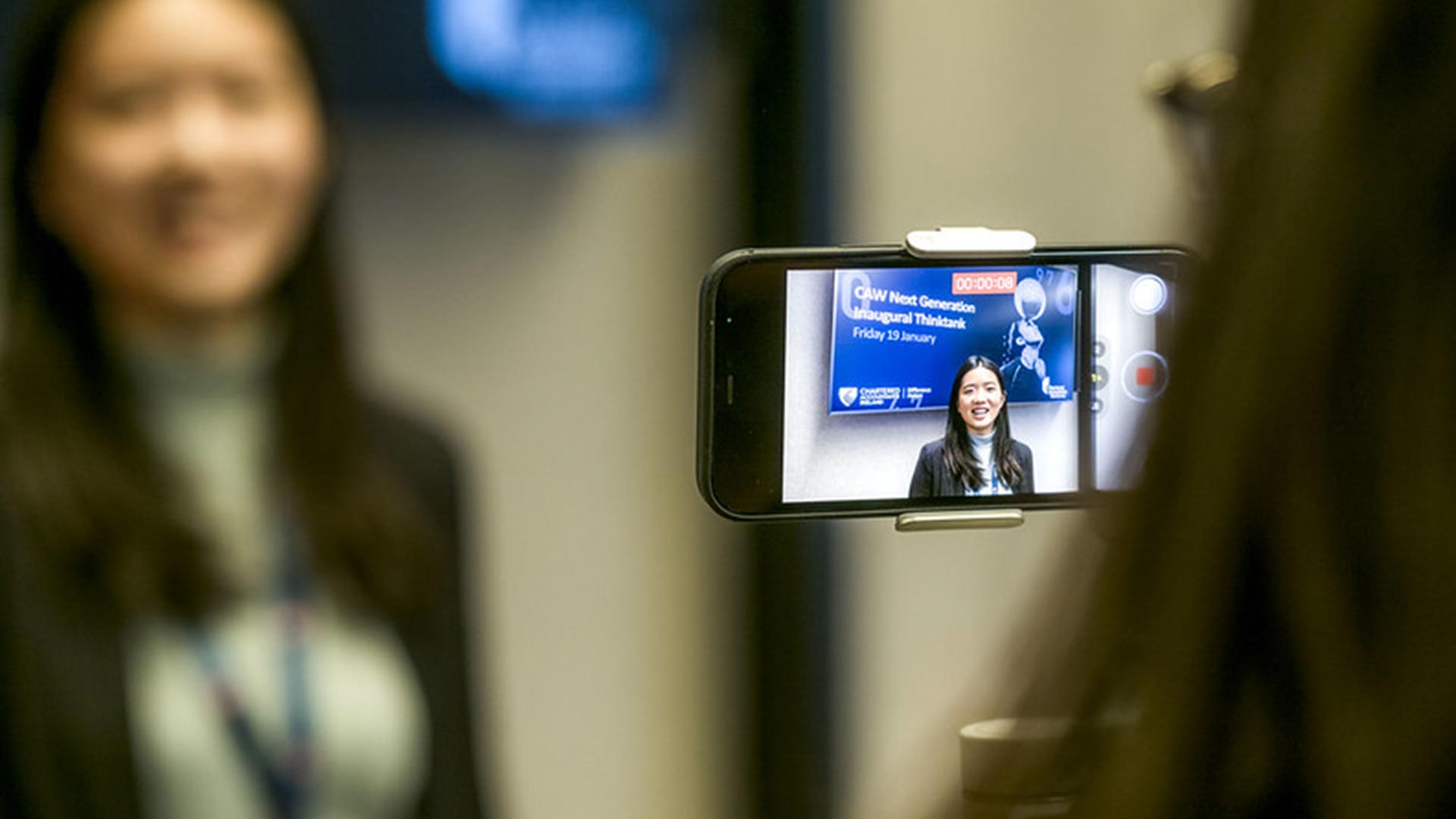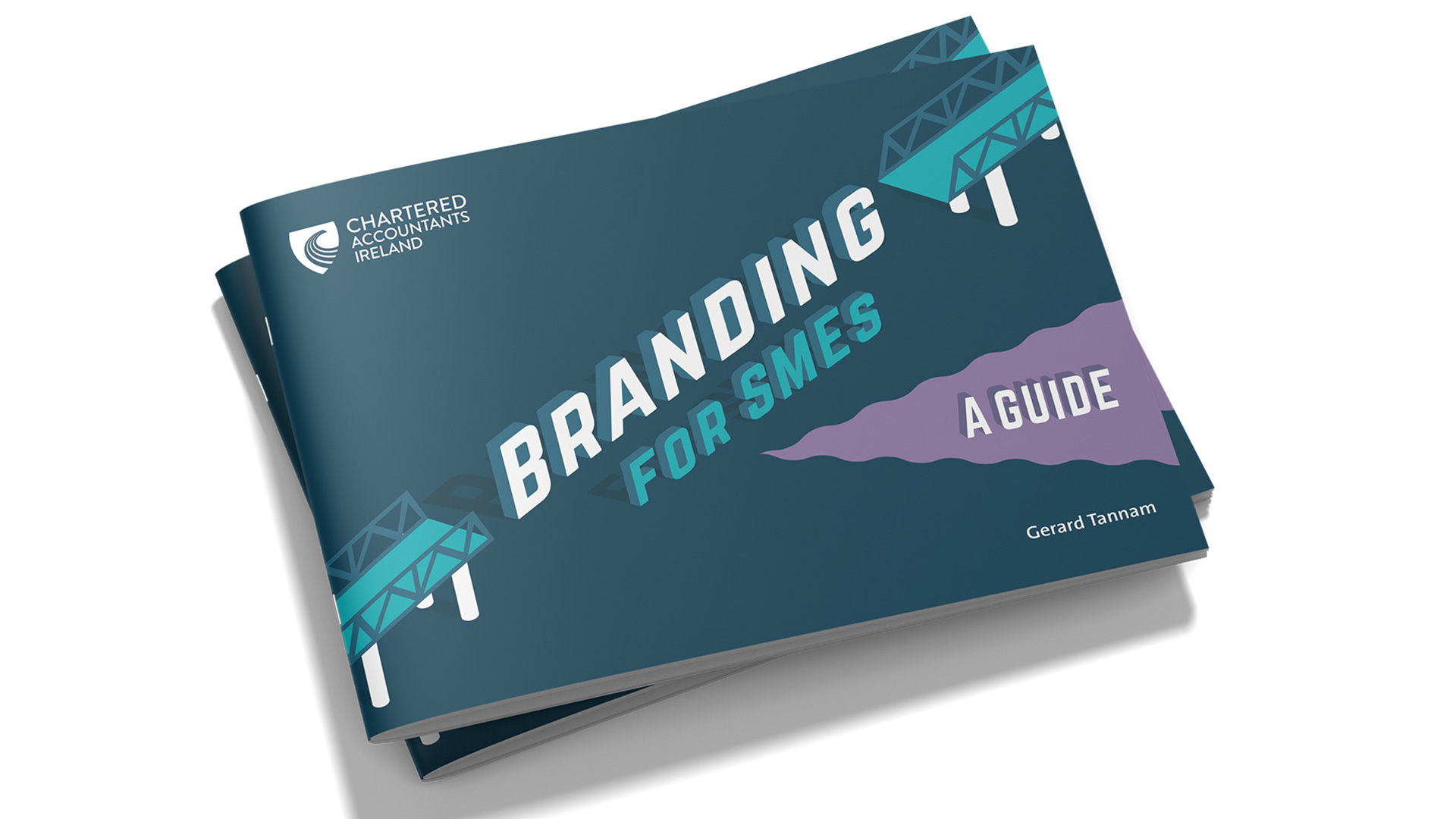Elizabeth Gammie CA discusses the lessons learned throughout her career

Seek out better ways of doing things
My father ran the family business and was very solutions-driven. His work ethic and commitment to staff and customers made a lasting impression on me. My mother was a teacher, which is where my interest in education stems from, and was committed to giving back to the community. Christmas days were spent delivering meals on wheels, with me dressed up as an elf.
Focus your energy where it counts
People say not to fret about what you can’t control, but I think concentrating on where you can influence is better. I would like to solve every problem in the world, but I’ve learned I can’t do that, so focusing on where I can make a difference is more productive.
Have a clear idea of your objective
When going for the role of Dean of Aberdeen Business School, part of my pitch was that I wanted the school to achieve AACSB [Association to Advance Collegiate Schools of Business] accreditation. Rather than trying to convince an external panel we were meeting the standards, I wanted to use the standards as a catalyst for change. I got the job, enacted the change required, and we got the accreditation two years later – just the second new university in the UK to do so.
Work-based learning is important
We were the first business school in Scotland to award credit for learning undertaken in the workplace. I was a student there myself in the 1980s and wondered why we never received academic credit for our placement period. So when I returned as a member of staff one of the first things I did was develop an assessment process that awarded academic credit for the placement. Now we offer all sorts of work-related learning such as our Connect to Business opportunities and graduate apprentice programmes, including the accounting graduate apprenticeship we offer in conjunction with ICAS.
My strongest sense of achievement comes from the success of others
Developing a team and watching individuals flourish as they progress through the ranks gives me such a buzz. I particularly enjoy identifying the people who have lots to offer but don’t push themselves forward as much. Recognising their talents, giving them opportunities to flourish and then watching them succeed is immensely rewarding.
You can’t win them all
Becoming Dean was the most challenging period of my career, because a lot of change needed to happen. I put in a new structure, appointed a new senior team and outlined the future direction of travel, which some staff loved, some hated and others were on the fence about.
I accepted I was never going to change the ones who were against what I was doing, but knew I needed to convince the fence-sitters or I’d be lost. So I communicated what I was doing as transparently as possible, articulated the need for change and began to build a cohesive team who bought into the mission. I managed to convince most of the fence-sitters, and even some of the naysayers, who all became as committed as I was. Those who still didn’t like the new direction got off the bus.
Any charity could use a CA
A CA’s wide skillset can be put to great use in charities, where there will be a lot of passion and many skills in certain areas, but not always business acumen. I wanted to give back to society, so I became a trustee for the Riding for the Disabled Association some years ago. Horses have always been a big part of my life – I used to ride competitively, we’ve got four horses at home and I’m a qualified dressage judge – and this charity does incredible work. As I can’t help with daytime riding sessions, I am responsible for the finances and get involved in fundraising.
Take your integrity seriously
When my son wanted to study accounting at the Robert Gordon University, I was concerned about a conflict of interest as I was Head of Department at the time. When he joined I was so adamant on having “Chinese walls” that six weeks into term he asked if he’d done something to upset me, as I was barely speaking to him!
My daughter then followed suit when I was Dean. They are both now qualified CAs. It is a joke in our family that I am always on stage when they graduate or get admitted to membership.
Widening opportunity is key to social mobility
It’s standard practice for universities to offer people from disadvantaged backgrounds a “contextualised offer”. But if you bring in students who have a different academic profile to their peers, you’re likely to have a much higher dropout rate unless you give them appropriate support. We also have a responsibility to provide opportunities in the working world, because in business there’s a lot of “who you know”, which opens doors for friends or children.
We need to ensure a much wider range of people get those introductions. The ICAS Foundation, of which I was a founding trustee, is well placed to help. As well as financial support, it provides students with a mentor and seeks out internships for them. This creates a more level playing field and helps those students succeed.
Don’t be afraid to change direction
My heart has always been in education but I don’t regret for a nanosecond doing my CA qualification; not a day goes past where I’m not proud to be a CA. Recently, I was at a Chartered Association of Business Schools conference and two of the high-profile speakers were CAs. The event compère asked, “What is it about the CA qualification that produces really high-powered, successful individuals?” And I thought, “It’s the training you get.” That and the experience you acquire through the qualification and beyond. My CA training gave me the most incredible basis on which to develop my education career.
If you would like to share your experiences as a CA, please email camagazine@therivergroup.co.uk
This article was first published by ICAS at the following URL: https://www.icas.com/members/ca-magazine/ca-magazine-articles/elizabeth-gammie-ca-discusses-the-lessons-learned-throughout-her-career












